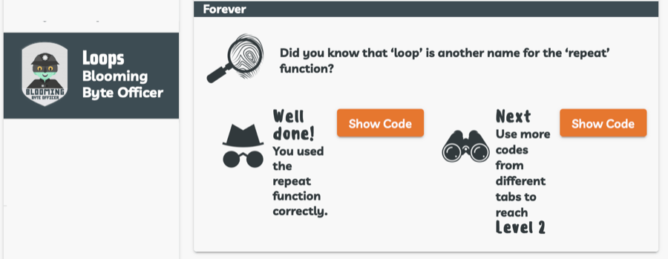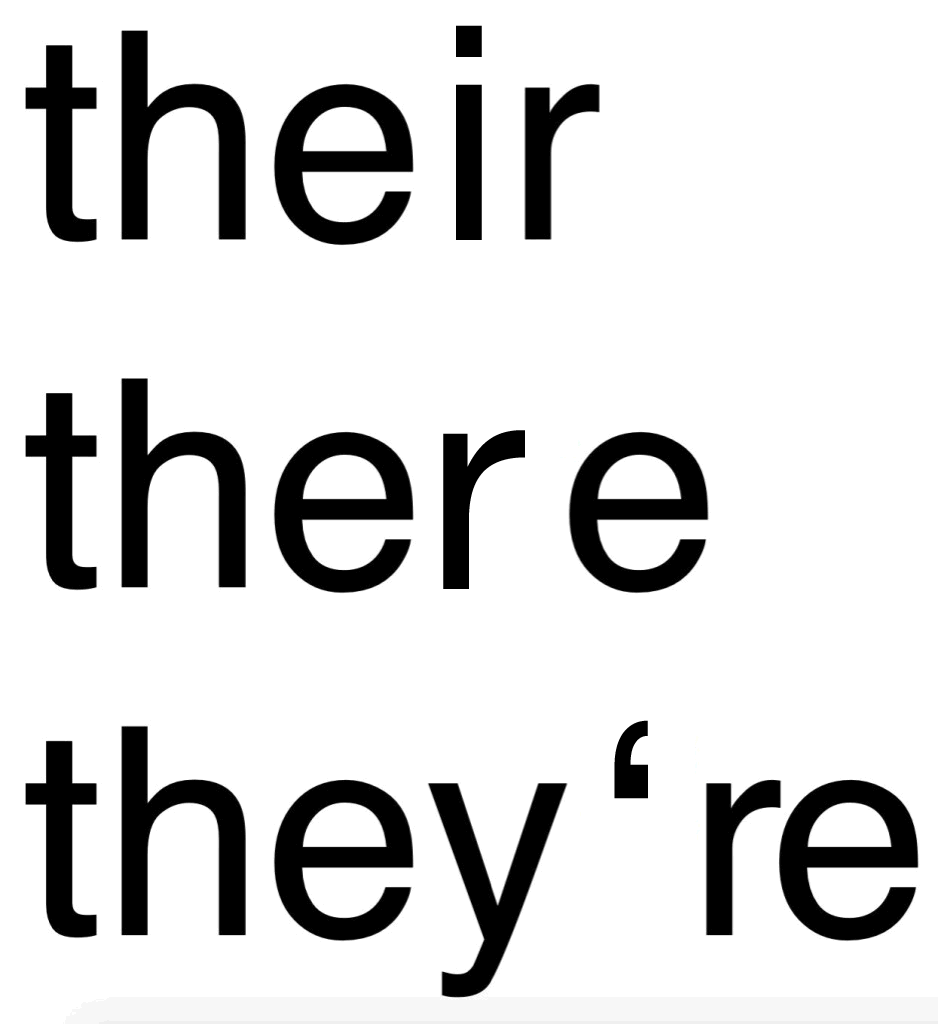From 2005 to 2008 I used podcasting as an activity in the classroom1. I found it a powerful tool for writing, talking and listening, collaboration and more. Back then podcasting was not the well known entity that is is now.
Back the I managed the podcast as a lunchtime club, volunteers form my class contributing. We did occasional whole class shows and even whole school projects.
While I was out the classroom I ran few courses on podcasting. I don’t think I managed to encourage much uptake. We did run a podcast server in North Lanarkshire for a while but it was used more for video than audio.
Last session I finally got around to podcasting with pupils again. This time I tried to exploit it a bit more and involve the whole class. The pupils wrote to local businesses and got sponsorship for the first 3 episodes. We organised it as an enterprise with different children taking on different roles including site & logo design.
The final one was made during lockdown. The children sending in recordings which were edited by a key workers child in school.
This year my class were keen to start again. My plan to begin at the start of term two got spoiled by covid and other unexpected events. Finally we got round to it in November. Given time constraints I decided to skip the sponsorship and deal with some of the scheduling myself. I gave the class a bit of time to write, a fairly free choice of what to write about and who to write with.
I helped with the occasional phrase but pretty much let it to them. We did work in parallel thinking and marking up text we were reading aloud.
They then recorded themselves over the next couple of weeks. A p7 pupil who had edited last session did so again this time with a p6 apprentice. Pupils created wee bits of music to link items. Another pupil posted Episode 5.
I feel it was a pretty successful exercise. The class were very engaged. I could see and hear the effort they put into writing and recording. I also heard an improvement in some children’s reading aloud.
I believe we covered a wide range of the experiences and outcomes, listed below4.
Workflow
- General discussion of content, pupils organise them selves into groups and groups divided into pairs & individuals
- Script written in notes on iPads
- Children recorded each other using the Voice Memos app, either from prints of the notes or using split screen.
- Audio AirDropped to the editor’s iPad
- Musical snippets recorded in GarageBand & AirDropped
- Edited in GarageBand
The only involvement I had in the editing was to level the voice track using The Levelator2 on a desktop and exporting the m4a to mp3 again on desktop. I am pretty sure m4a is a fine format for podcasts but I am a bit old fashioned.
we used an iRig mic this time
Last session on some episodes we split the editing into groups, with each section of the podcast editing their bit and the main editor putting these together. I plan to do that next term to increase the number of pupils with editing skills. We will probably formalise some more roles in groups too.
Benifits
Apart from the obvious: responsibility co-operation, working together, leadership, practical skills and problem solving involved I took a quick trawl through the CFE experiences and outcomes alongside the benchmarks. I’ve added a partial list below4.
Changes
It is a lot easier technically to make a podcast now than when I started. Glow Blogs are a good free podcast hosting solution for schools3. The idea of podcasting is mainstream now. It does seem a bit harder to get audience feed back than it is 15 or so years ago. As with class blogs, commenting from afar seems to have declined or moved to likes on Twitter. Back in Sandaig we had comments from around the world and made some connections that went far. This is, again in my opinion, a pity.
We are intending to try more podcasting next term, I appreciate that is a bit harder to fit in now with all the demands of the curriculum but I do think it is really worth the effort.



